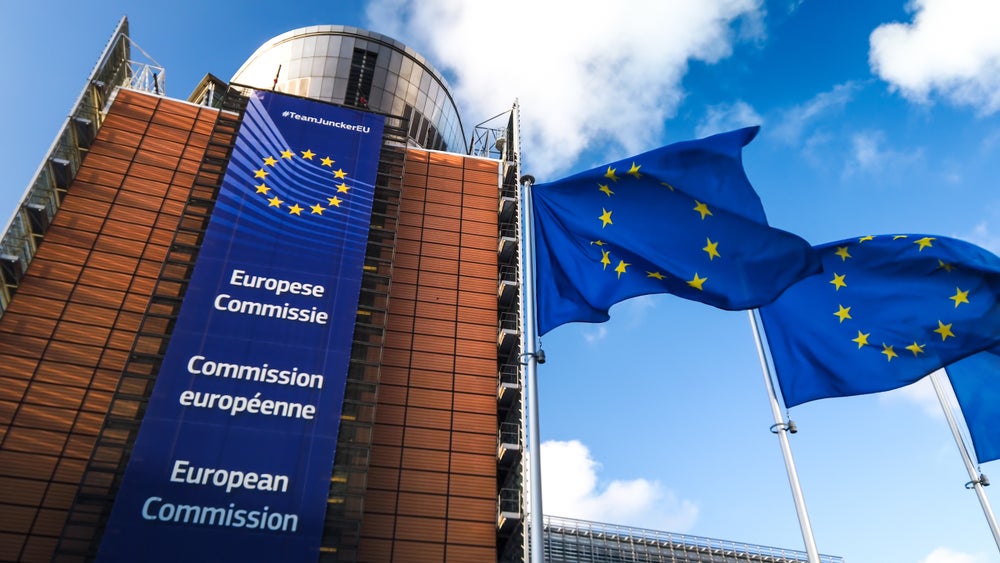
The European Commission (EC), the executive arm of the European Union, announced a new proposal to enhance the sustainability and competitiveness of intermodal freight transport.
As a greener alternative to road-only transportation, the proposal will incorporate the use of numerous modes of transportation, such as shipping, rail and air.

Discover B2B Marketing That Performs
Combine business intelligence and editorial excellence to reach engaged professionals across 36 leading media platforms.
The Commission explained the new proposal will complete the Greening Freight Package, which was adopted in July 2023.
The strategy will prioritise operations that decrease negative environmental consequences by at least 40% when compared to road-only transportation.
Adina Vălean, commissioner for transport, emphasised how intermodal transport will benefit the economy and citizens: “In 2022, 13.6 billion tonnes of goods were carried on EU roads. This freight is central to the EU economy and as demand increases, we need to keep the costs and the emissions under control.
“With our proposal, lorries will continue to have a role in the freight sector, but combining them with other, more sustainable transport modes, such as barges, short-sea shipping or trains, will reduce the external costs of transport and optimise the use of our transport network for the benefit of citizens and our economy.”

US Tariffs are shifting - will you react or anticipate?
Don’t let policy changes catch you off guard. Stay proactive with real-time data and expert analysis.
By GlobalDataRoad transportation would continue to be employed for the first and last miles of a journey to ensure that every destination in the EU could be reached.
It also introduces exemptions from temporary driving bans for combined transport to improve terminal and infrastructure capacity utilisation.
EU Member States will be given the competitive objective of lowering the average door-to-door cost of integrated transportation operations by 10% within seven years.
The Combined Transport Directive was last amended in 1992. This renewal follows the withdrawal of two prior proposals, in 1998 and 2017, which lacked of sufficient agreement.
The next steps for the proposal’s journey will be scrutiny at the European Parliament and European Council in the ordinary legislative procedure.
A study on the EU combined transport market, which featured two stakeholder meetings in 2014, indicated that support for combined transport is viewed as extremely necessary by stakeholders to encourage modal shifts.





